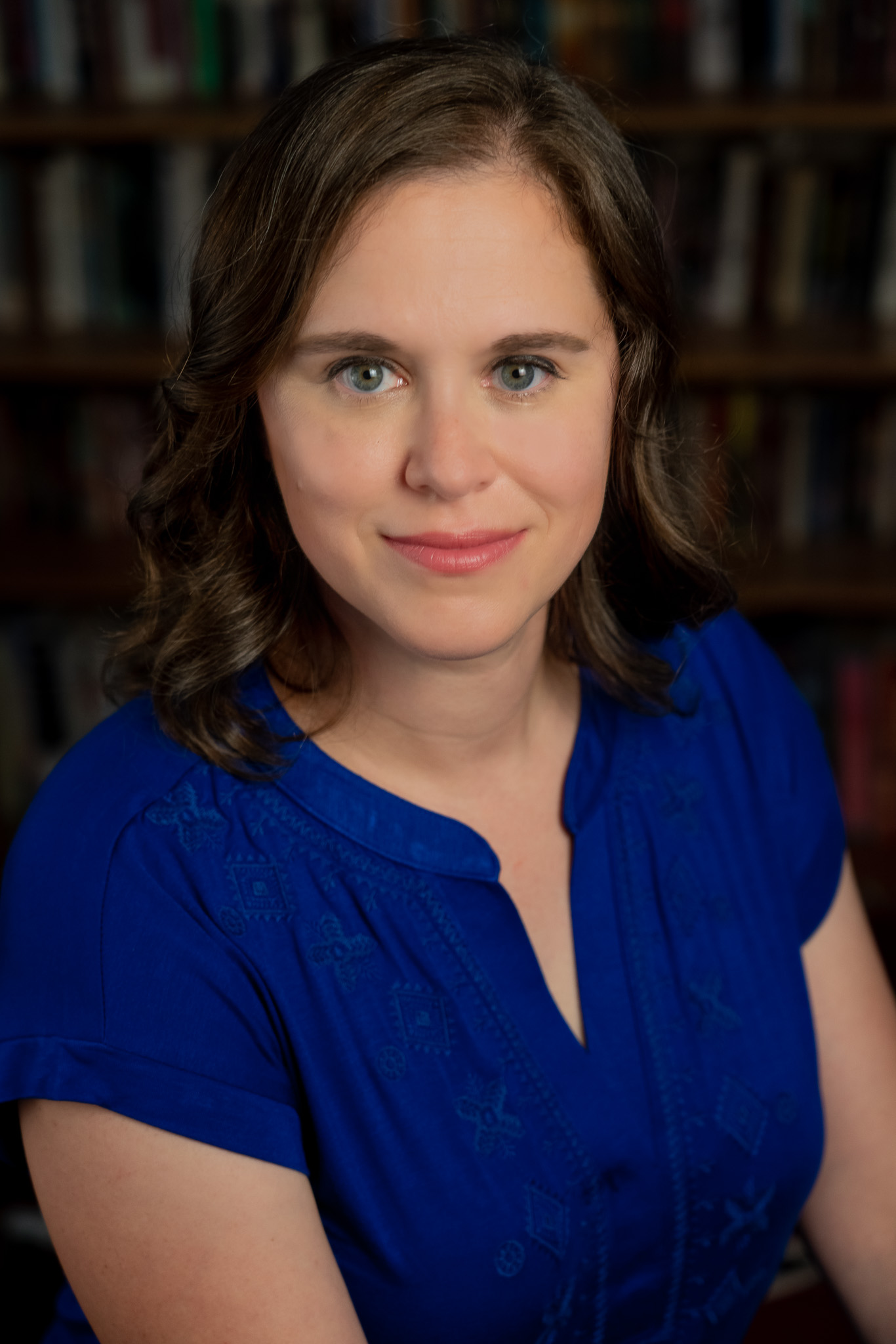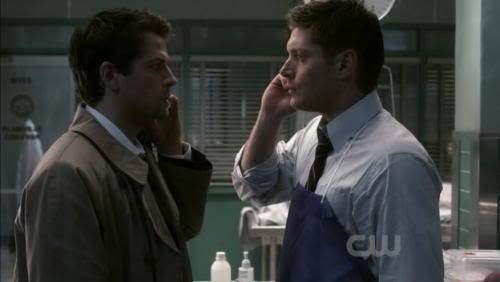
by Michele Kirichanskaya | Nov 18, 2023 | Blog
Helene Wecker is the author of The Golem and the Jinni and The Hidden Palace. Her books have appeared on The New York Times and San Francisco Chronicle’s bestseller lists, and have won a National Jewish Book Award, the VCU Cabel Award, the Harold U. Ribalow Prize, and...

by Rebelle Summers | Mar 10, 2023 | Blog
This past Fall I was hot off of working at NYCC and in the mood to indulge in the impending spooky season by deciding it was time to revisit Supernatural. I had watched the series initially as it was airing, but at some point along the way I fell off – something...

by Kevin Gilligan | Nov 10, 2020 | Podcast
https://geeksoutpodcast.libsyn.com/geeks-out-podcast-supernaturally-queer-problematic In this week’s episode of the Geeks OUT Podcast, Kevin is joined by Kate Moran, as they discuss Supernatural problematically confirming a character’s queer identity,...




